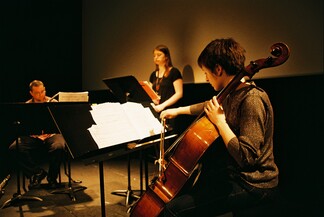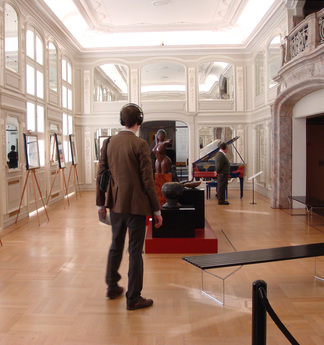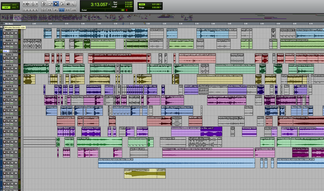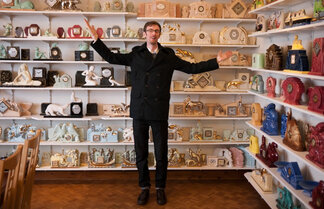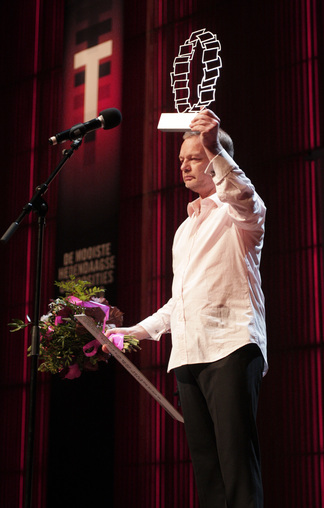
Last night, Richard Rijnvos was awarded the Matthijs Vermeulen Award, a biennial prize for a Dutch composer considered to have ‘composed an important piece in the field of contemporary music’. As you can hear below, his acceptance speech was a fiery affair, attacking the current Dutch government’s policy of swingeing cuts to arts and music funding in the country. For non-Dutch speakers I have translated the text of his speech below. (You can find the original as a PDF here.)
While you’re here, the Muziek Centrum Nederland, which I think is probably the best music information centre in the world, faces 100% cuts to its government funding. They are running a petition asking for support against the cuts that I would urge you to sign.
Acceptance Speech Richard Rijnvos
Upon receipt of the Matthijs Vermeulen Prize, awarded during Toonzetters on 22 June 2011 in the Muziekgebouw aan ’t IJ.
The organisers have politely asked me not to speak for longer than three minutes. I’ll just start my stopwatch. (Starts stopwatch) So!
It is — I think — fairly obvious when I say that I am delighted to receive the Matthijs Vermeulen Prize. It is — I think — fairly obvious when I say that I am delighted to receive the Matthijs Vermeulen Prize for the the second time.
Some of you will know that for a while now I have been living and working in Durham; Durham, a small picturesque town in the shadow of Newcastle in the North of England.
We know England as the country of good manners, as the country where traditions are held in high regard, and where nationalism is not a dirty word. I usually keep my distance from any kind of sentimental chauvinism, but in light of the disastrous decisions regarding art and culture policy of the current [Dutch] government, I will gladly make an exception here:
I am proud of this award. I am proud of every note that sounds in Die Kammersängerin. I am proud of Marije van Stralen and the Ives Ensemble who bring my song cycle to life with as much enthusiasm as ultra professional precision. I am proud of the fact that I am an artist.
Yes, ladies and gentlemen, you heard me right: I am proud of myself. Why? Because the government isn’t but should be. Don’t get me wrong: the arts are also having their funding cut in Great Britain, but not with the cynical, vindictive, hateful undertones that are currently employed by many a politician in the Hague, undoubtedly driven by the apparently ineradicable apathy that the Netherlands loves so much.
We, artists, have recently been successively portrayed as left-wing hobbyists, subsidy-spongers, and recently politicians can’t resist taking another shot, making artists look like subsidy-enslaved idiots. We are junkies. It seems as if the political lords and ladies have no interest in good manners. And no interest in cultural traditions. And also have no shred of cultural chauvinism.
I am proud of myself. Why? Because the government isn’t. But it should be.
Rita Verdonk once thought the time right for yet another populist party. T.O.N. Trots op Nederland [Proud of the Netherlands].
It is high time for a new political party: T.O.N.K. Trots op Nederlandse Kunstenaars [Proud of Dutch Artists].
(looks at stopwatch) My time is up. Thank you for your attention.
